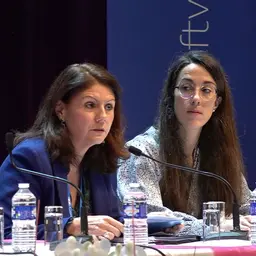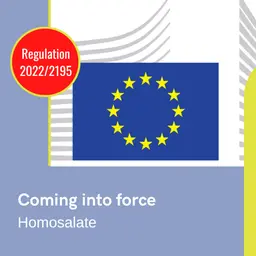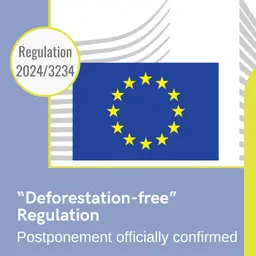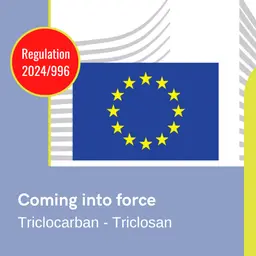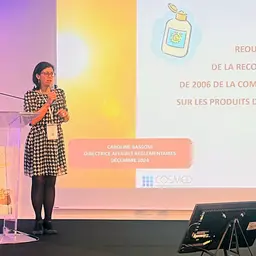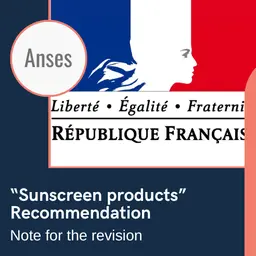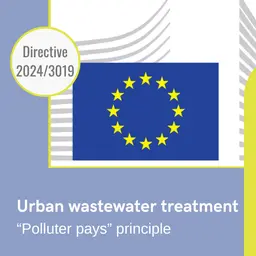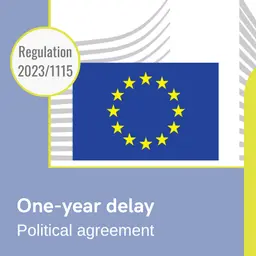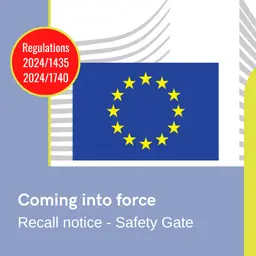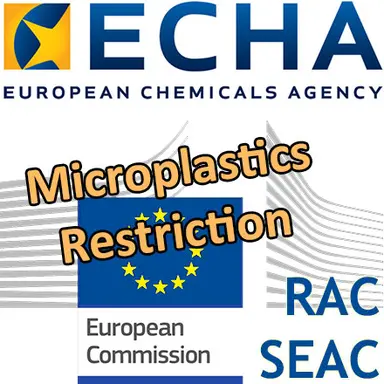
In a press release published on its website on 1 September 2020, the European Chemicals Agency (ECHA) defends its “scientific, independent and transparent” approach in the development of its proposal to restrict intentionally used microplastics in several product categories, including cosmetics (rinse-off and leave-on). A response to the challenges from “certain NGOs”, the press release says.
ECHA’s news release
ECHA’s proposal to restrict intentionally-added microplastics is the most comprehensive restriction initiative in the world for reducing emissions from intentional uses of microplastics. Following an extensive consultation in 2019, the Agency has updated its proposal while remaining independent and following a transparent and evidence-based scientific approach.
Despite claims made by certain NGOs, the updated proposal has assessed the information made available to us by all stakeholders, including NGOs, in a scientific manner. All modifications that have been made are based on solid arguments and evidence received during a six-month consultation of stakeholders, which ran from March to September 2019. Comments came from 477 individual stakeholders, including industry, NGOs, local communities and sports associations. These comments were assessed and published on our website with responses, and the changes proposed by ECHA are detailed in the draft background document.
Updates were introduced, for example, to the definition of a microplastic and the options for managing risks from polymeric infill used in artificial turf pitches. The overarching aim of all the changes has been to make sure that the restriction functions as it was intended and can be enforced efficiently – while at the same time not delaying the …

